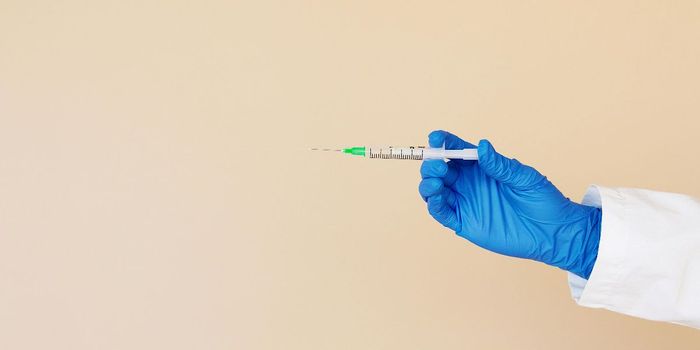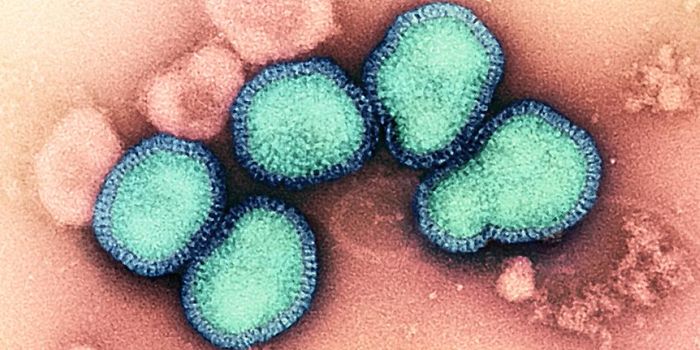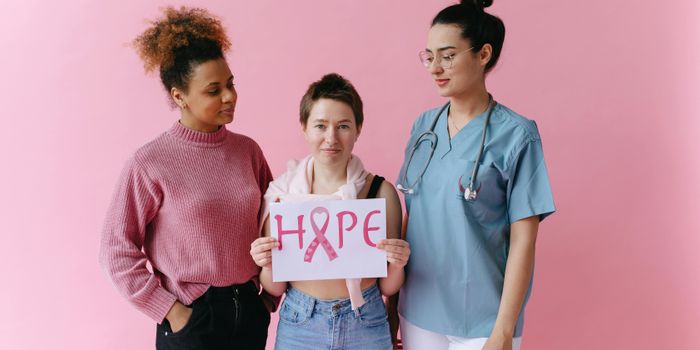Gender Dysphoria
Gender dysphoria is a distressing conflict for a person whose sexual identity is different than that assigned at birth. Previously called gender identity disorder, it is a diagnosable disorder in the psychiatric manual, DSM-5. In order to receive a psychiatric diagnosis of gender dysphoria, specific criteria need to be met for adolescents and adults. There has to be a difference between assigned gender and the person's experienced gender that involves substantial distress or affects the person's ability to function for at least six months. Two of the following criteria have to be met to be diagnosed with gender dysphoria:
-
A significant conflict between expressed gender and primary sex characteristics.
-
A strong propensity to delete primary sex characteristics.
-
Longing for sex characteristics of the opposite gender.
-
A strong desire to be the opposite gender.
-
Wishing to be treated like the opposite gender.
-
The belief that he/she has the typical thoughts, feelings, and behaviors of the opposite gender.
Many transgender individuals have a problem with identifying dysphoria as a psychiatric diagnosis because, in their eyes, it is not a disorder but a continuum along the spectrum of sexual identity. In 1973, homosexuality was removed as a diagnosable psychiatric disorder, and many now see that as what needs to happen regarding gender identity.
Medical Criteria for Reassignment Surgery
Patients who want to pursue reassignment surgery, the criteria for a diagnosis of gender dysphoria have to be met as well as completion of these two phases:
-
Phase 1—A formal diagnosis has to be made, and it must be determined that the person will be able to handle the life changes after having the surgery.
-
Phase 2—The ability to live as the desired sex is tested, the family is informed, and the decision about beginning hormone therapy is discussed. The patient has to participate in psychotherapy, and finally, the name is changed.
Some surgeons also require patients to live at least one year as their desired gender. Once the decision is made to undergo surgery, there will probably be several procedures performed to complete the gender reassignment. The operations for women are much more involved and complicated because the breasts, ovaries, and uterus have to be removed and the vagina closed as well as the formation of a penis and scrotum.
While all the medical guidelines and having a dysphoria diagnosis serve as a point in helping those who are transitioning, it is a sterile and unemotional way to discuss gender identity issues for something that is clearly a very emotionally-charged subject. Each transgender person has a unique story of a journey that, for most transgenders, has both positive and negative struggles and challenges. Not all people who identify as transgender undergo reassignment surgery to change their appearance. Both the hormones and surgery are expensive, and many insurers do not cover the costs.
Some people change the way they dress, their hair, and their name. Many want to be referred to by specific pronouns (he, she, they, or ze). A crucial delineation of transgender and sexual orientation is that they are two separate entities. "Gender identity is the gender with which you identify," Friedman says. "Sexual orientation is the gender to which you're attracted."
Even though there is more awareness and understanding of gender dysphoria and transgender identification, a huge stigma still exists, and unfortunately, a large amount of violence occurs that is directed at this group of people. A transgender person wants what every human being wants: loving, caring, and supportive relationships. They want their friends and family members to have their backs and to accept them as they are without judgment.








